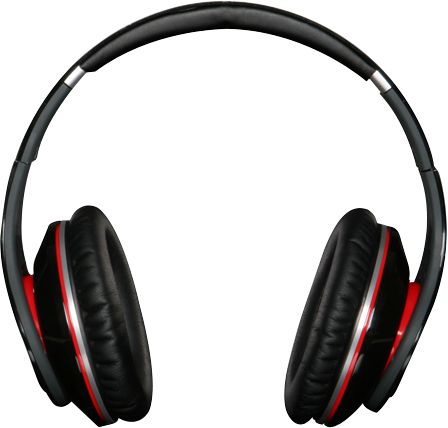 Avid has just released the new Native Thunderbolt. This amazing new device allows any Pro Tools user the ability to use Pro Tools HD on any computer. Instead of shelling out 13k for cards and 3k for an interface, this devices takes the position of the cards at just 3k. For anyone who doesn't know what I'm talking about here, here's a small breakdown. Pro Tools is available for anyone for a few hundred dollars and can be used on any computer. Pro Tools HD is far more powerful and far more expensive and normally requires specific cards and computer abilities to run. This has in the past made HD only available to full production studios or rich pricks who feel they need this sort of system in their home. Native brings this price pont way down. While the number is still high for the home user, it's perfect for small studios.
Avid has just released the new Native Thunderbolt. This amazing new device allows any Pro Tools user the ability to use Pro Tools HD on any computer. Instead of shelling out 13k for cards and 3k for an interface, this devices takes the position of the cards at just 3k. For anyone who doesn't know what I'm talking about here, here's a small breakdown. Pro Tools is available for anyone for a few hundred dollars and can be used on any computer. Pro Tools HD is far more powerful and far more expensive and normally requires specific cards and computer abilities to run. This has in the past made HD only available to full production studios or rich pricks who feel they need this sort of system in their home. Native brings this price pont way down. While the number is still high for the home user, it's perfect for small studios. Now you may be thinking, "Changing the world is a bit strong, don't you think?" It may be, but it just might change the music world. I have discussed a multitude of times about how home studio recording is a bittersweet movement that may threaten the integrity of the recording industry, but I think that this kind of stride is PERFECT.
The price point means that it won't be idiots in their garage buying it. It'll be start up studios who do amazing work with little money that will realize the potential of an investment into this technology. The analog to digital battle is still roaring and while analog will never be dead completely, this a step in the direction of digital. This is also a step in the direction of smaller budget albums and more money for artists. While this may seem like a leap, I assure you it's not.
With this new technology, small studios can make better recordings. These small studios won't charge as much and produce the same quality recordings. Bands can use less money to produce an album and ultimately no have to recoup as much for the recording process. This can lead more overhead and give bands the ability to try and experiment with new pricing options to counter the loss on record sales. Assuming any of this happens, Native changes the world (music world).
 In a sad attempt to round this out to something about Management, I would say this why I feel it's important for managers to keep up on technology. Maybe look for a studios with this sort of technology in it. They can be guaranteed that lower cost studio really knows what they're doing and they get a little bit more security that they're doing all they can to get the best quality. Either way when I can afford it, I'm buying one.
In a sad attempt to round this out to something about Management, I would say this why I feel it's important for managers to keep up on technology. Maybe look for a studios with this sort of technology in it. They can be guaranteed that lower cost studio really knows what they're doing and they get a little bit more security that they're doing all they can to get the best quality. Either way when I can afford it, I'm buying one.







